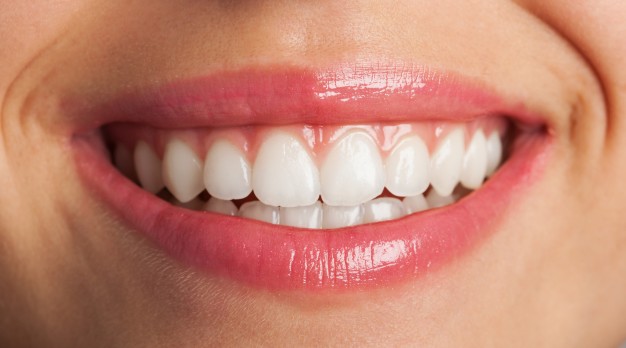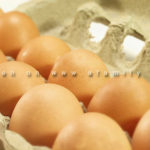The most common way is to take a cup of water and put the egg in the water. If the egg floats, it is an old egg and is likely to spoil soon. If the egg sinks to the bottom of the cup, it is still fresh.
Hold the egg and shake it a little. If you hear a sound, it is likely to be a rotten egg. If no sound is heard, the egg is still fresh.

related news
Useful tip: Easily remove fishy smell from fish
From fish we can make many delicious and nutritious dishes, but the processing process needs to be careful, removing all impurities and fishy smell.
When you crack the egg into a cup, if the egg is rotten, the yolk will be flattened and mixed with the egg white. If the egg is old but not rotten, the yolk is easy to break.
For fresh eggs, the yolk is orange or yellow, round in shape, shiny and not easily broken.
Rotten eggs will have a strong unpleasant smell, while fresh eggs do not have such a smell.

related news
Useful tip: Help you remove tartar on your teeth with lemon and baking soda
Just follow this method diligently once every 2 weeks and you won’t have to worry about getting your teeth cleaned anymore.
You may also like





































